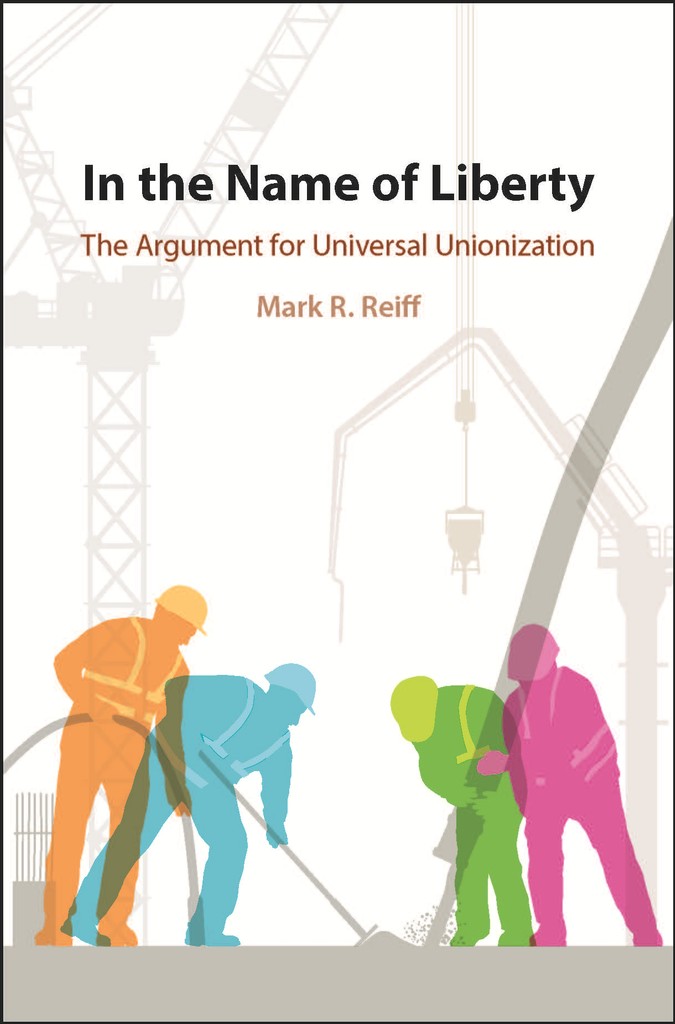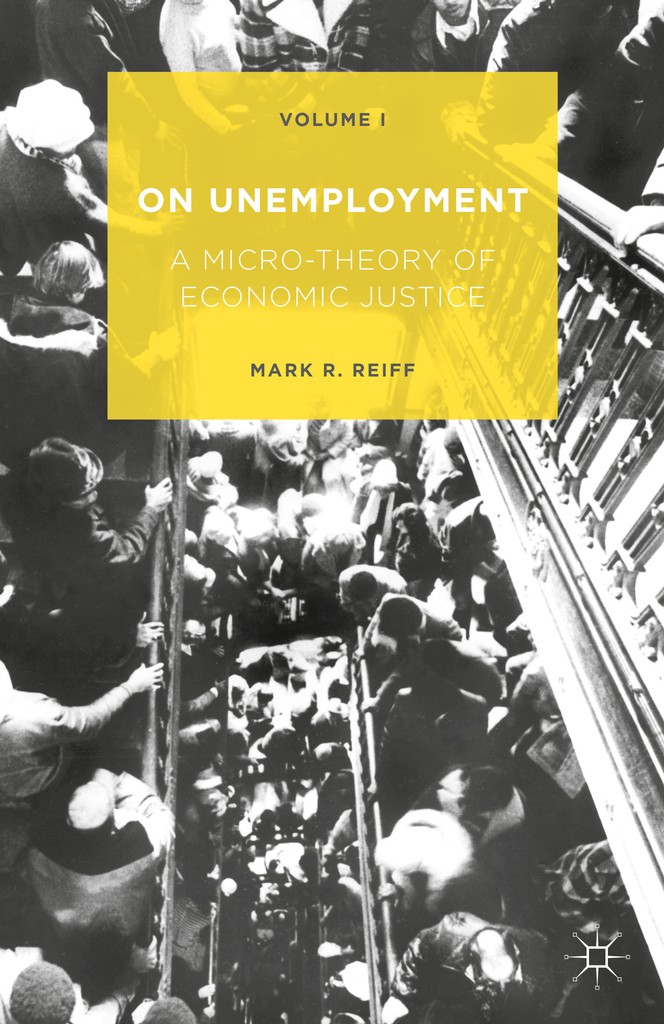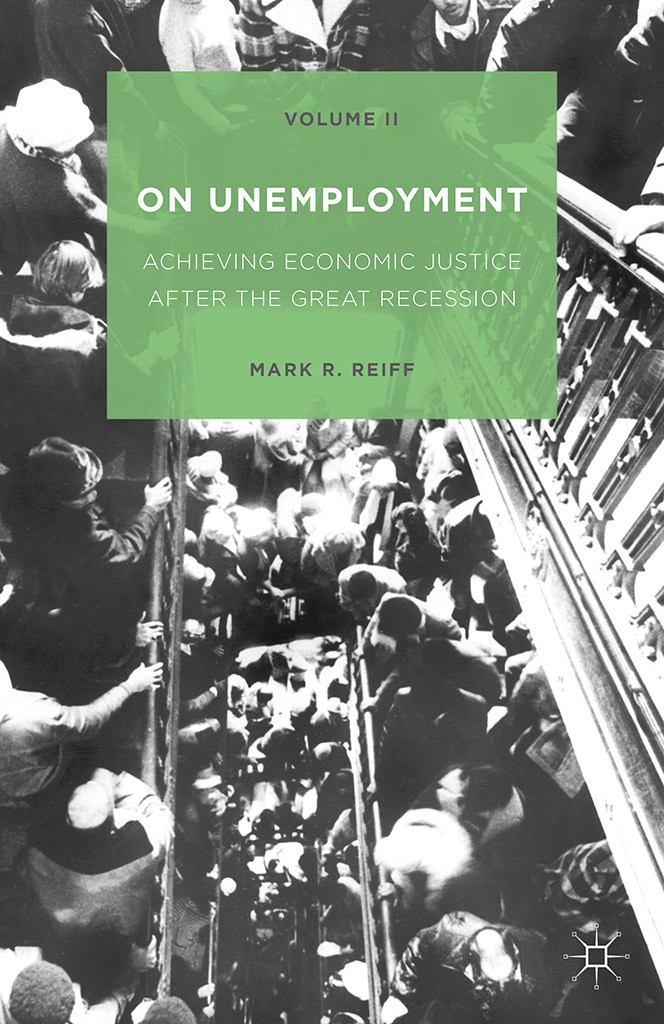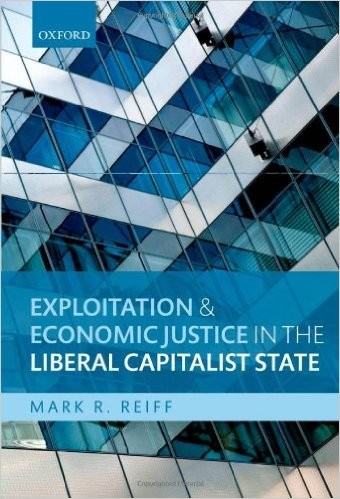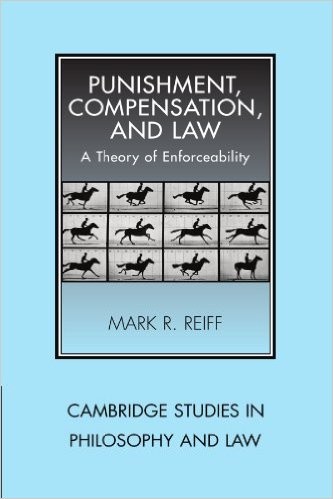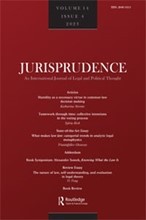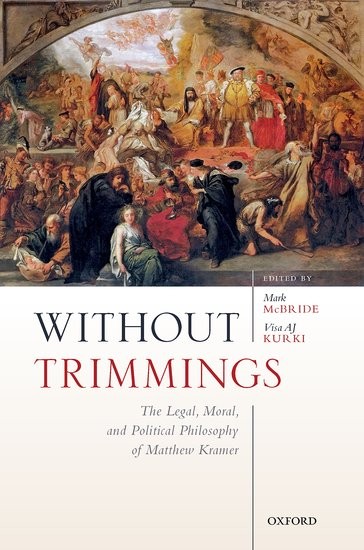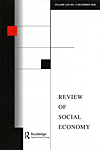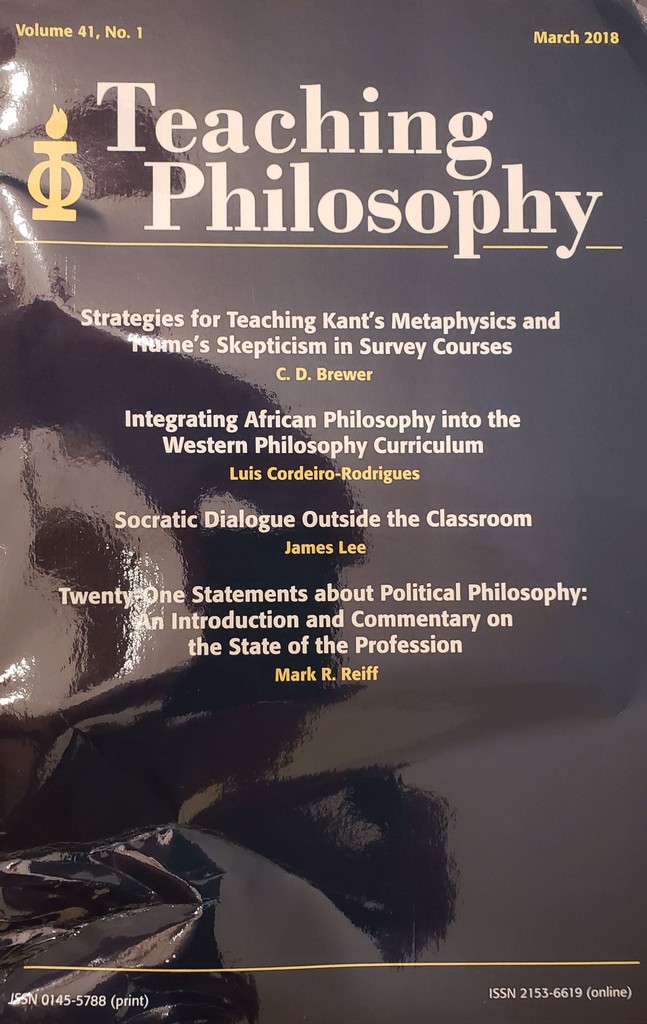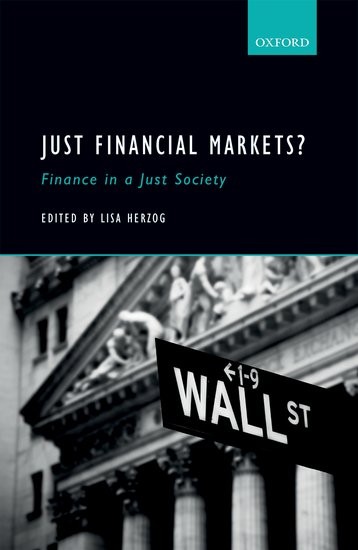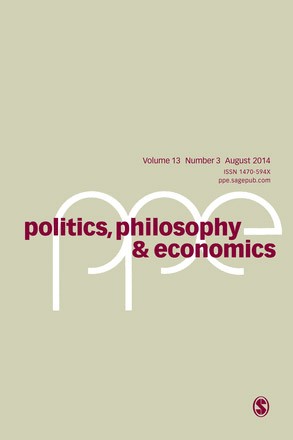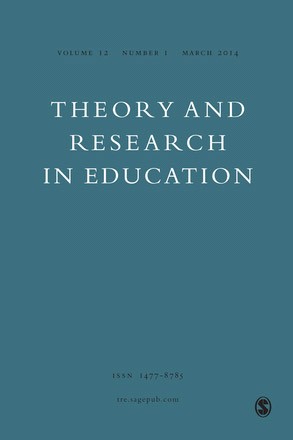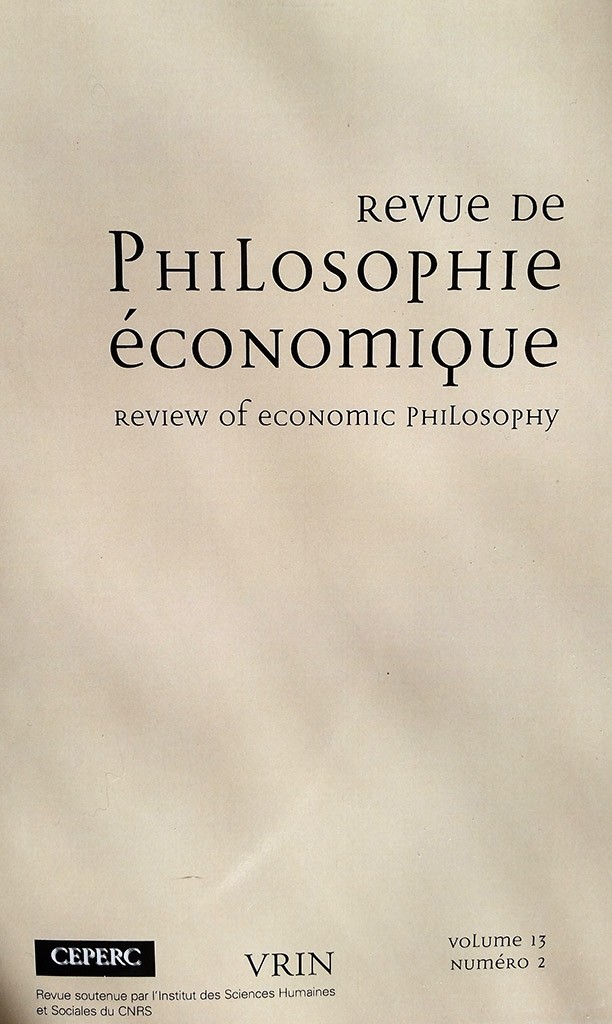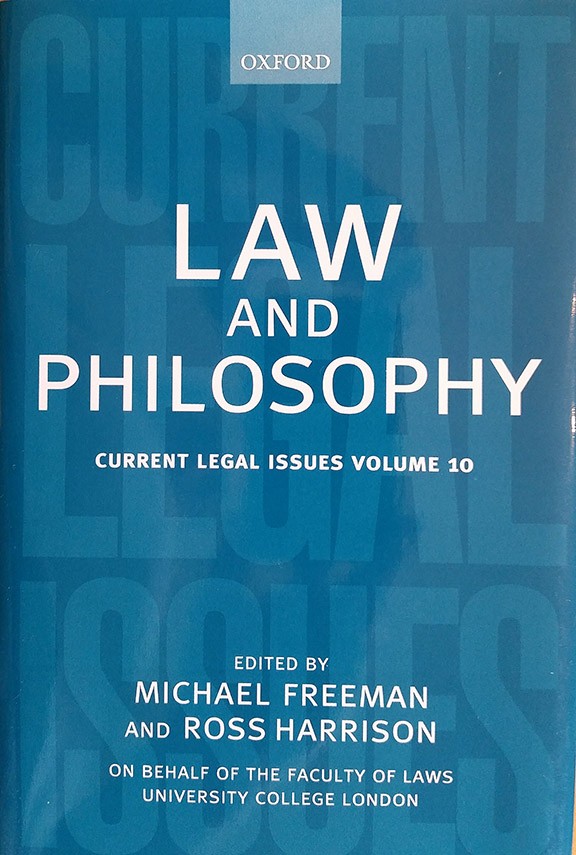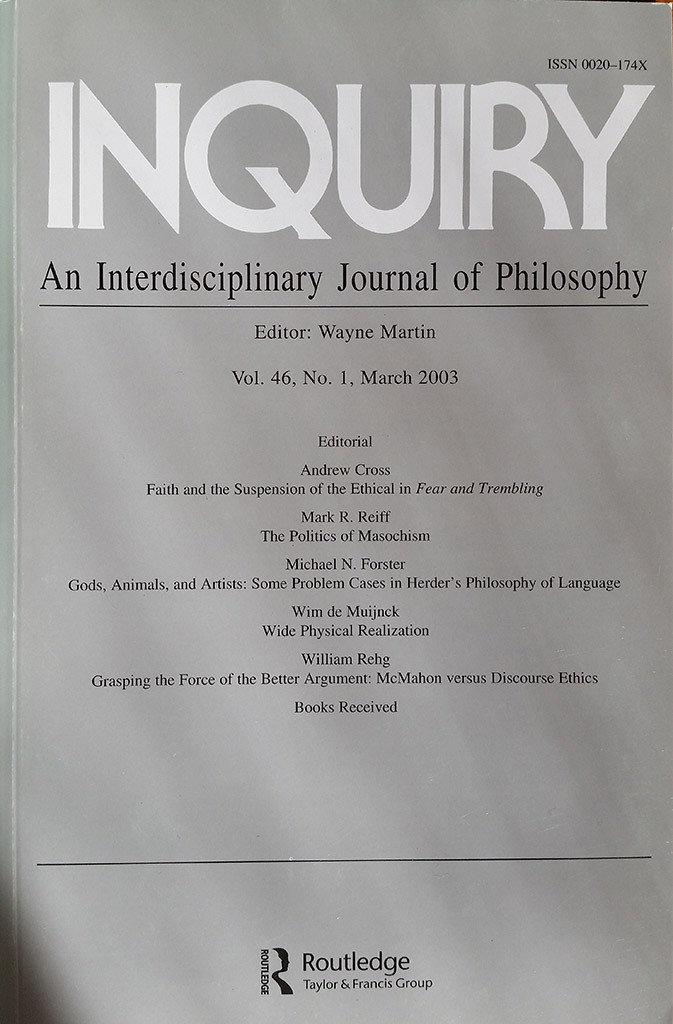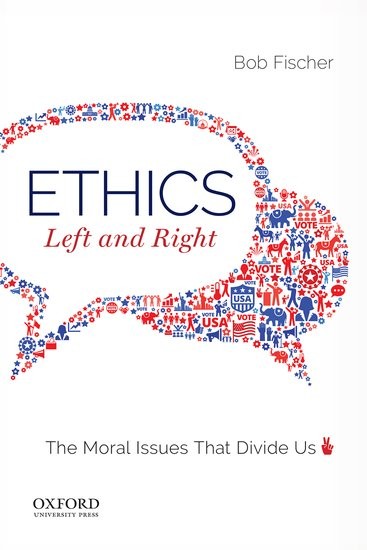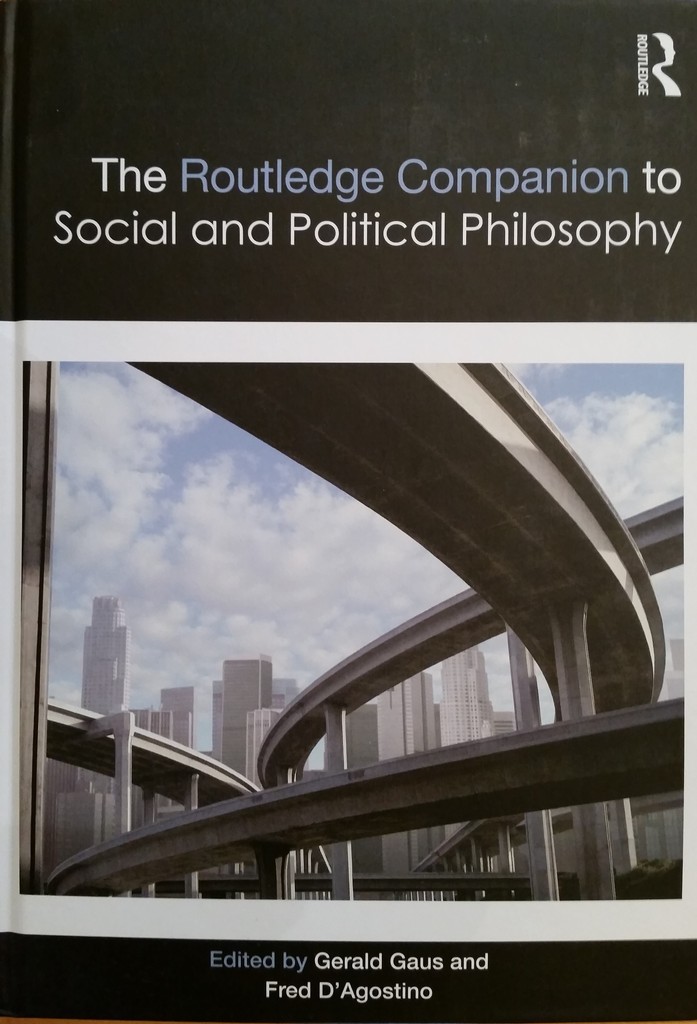While it is clear what those attracted to fascism today are against, it is less clear what they are for. Not in the sense of how they want to remake society—this is usually clear enough. What is less clear is the fundamental values that are driving their desire to create a different kind of order. Compounding this difficulty, too many liberals are stubbornly sticking to some conventional beliefs: that human nature is as liberals think it is, not something that is fundamentally disputed; that facts are what liberals think they are, even if some people choose to ignore them; and that everybody is pursuing basically the same conception of the good, even if some of them are deluded as to where we are now and how to get where we want to go.
But this move to the right is not being driven simply by mistakes; it is a principled move, backed by a coherent, consistent, and historically well-sourced value system, even if this value system is perverse. Fascism has its own conception of the moral subject; of the need for a rigid social hierarchy of men; of the nature of individual rights; and of the importance of purity in blood, soil, and ideology. It believes in the unity of the people, the leader, and the state; it embraces very different and (to liberals) often disturbing moral ends; and it employs starkly different rules of social interaction. And it believes, in the end, that this all leads to the greatest expression of democracy ever invented.




